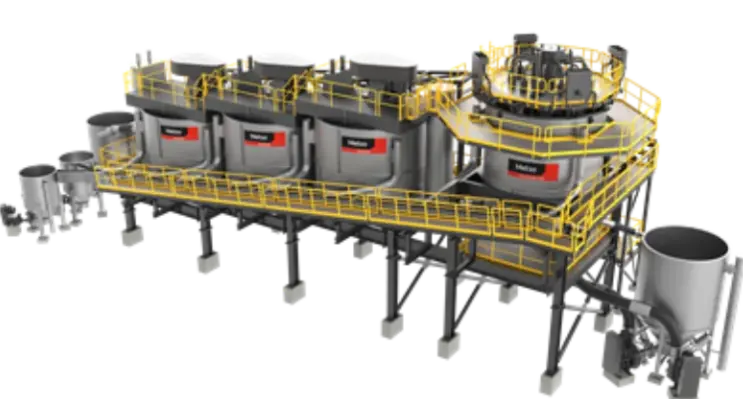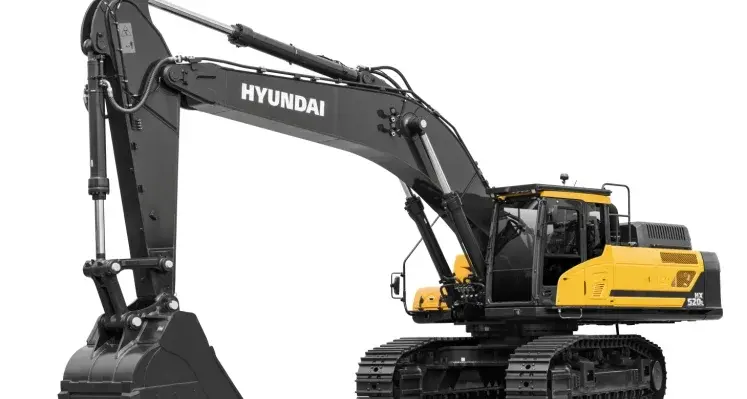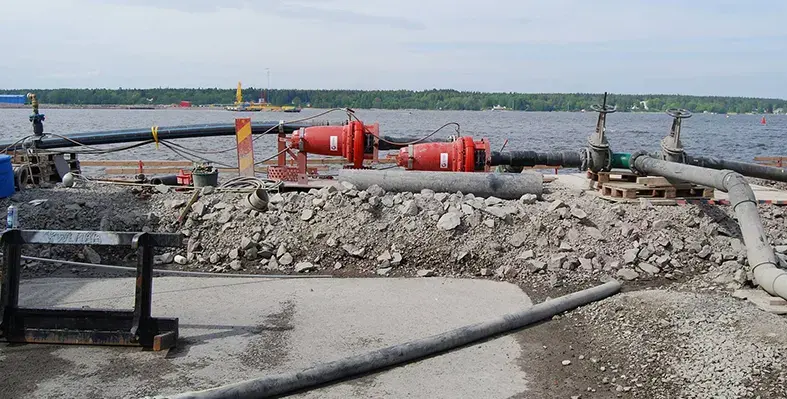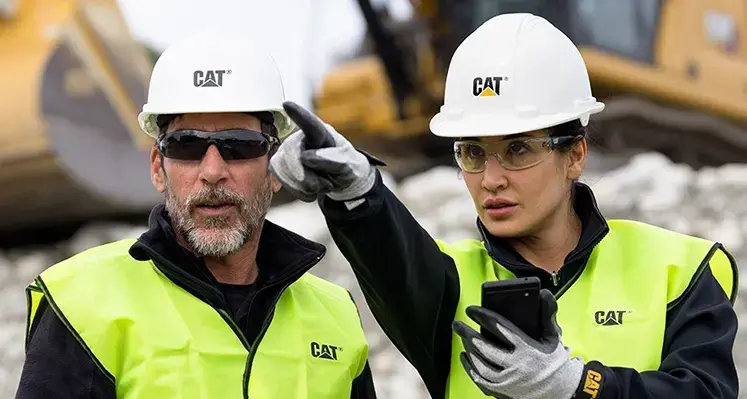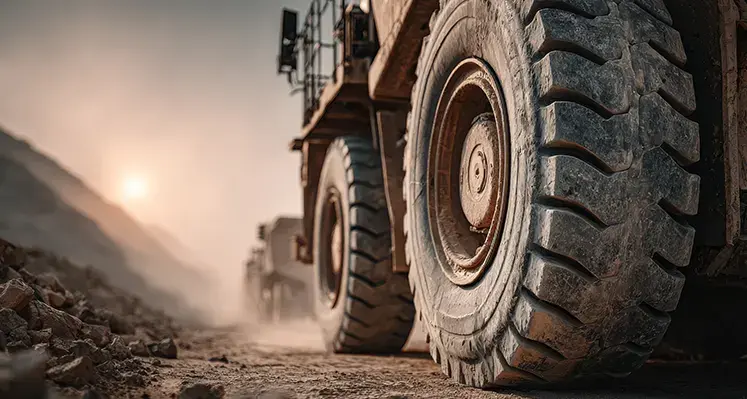
Tapping Africa's immense resources potential
Canada’s Northern Graphite is looking to restart production at Namibia’s Okanjande graphite mine after signing a deal to supply a new battery anode material (BAM) plant in Saudi Arabia
The graphite mine has been on care and maintenance since 2018.
It follows the signing of a US$200mn agreement with Obeikan Investment Group to jointly develop and operate a large-scale BAM facility in Saudi’s Yanbu Industrial City through a joint venture company.
The joint venture company will be 51% owned by Obeikan and 49% by Northern with first phase BAM production capacity forecast at 25,000 tonnes per year (tpy), to be followed by potential expansion to meet growing global demand.
Construction of the industrial facility is expected to start in 2026, with first-phase production forecast to begin in 2028.
The two sides will also look to conclude a long-term offtake agreement for the purchase of up to 50,000 tpy of graphite concentrate from Northern’s Okanjande mine.
Hugues Jacquemin, Northern Graphite’s CEO, said the joint venture marks a defining step in Northern’s evolution from a mining company into a fully integrated, global battery anode material producer.
“By partnering with Obeikan in the Kingdom of Saudi Arabia, we are partnering with a well-financed and experienced industrial player, gaining scale, financing strength, and access to one of the world’s most strategically important industrial hubs,” he said, “while accelerating the restart of our Okanjande mine in Namibia and advancing our broader mine-to-market strategy.”
The project is also aligned with Saudi Arabia’s Vision 2030 and accelerating demand for secure, non-Chinese graphite anode supply chains.
Project debt financing is expected to to be sourced from Saudi government finance agencies, as well as local and global commercial banks.
According to SNE Research, lithium-ion battery cell manufacturing capacity is expected to reach 4,527 GWh by 2035 (9% CAGR), with graphite retaining over 91% anode share through 2040.
At the same time, evolving policies are splitting the global graphite market as tariffs and de-risking measures drive demand for non-Chinese anode materials.
“Saudi Arabia is an attractive location for our BAM plant due to its low energy and labour costs, close proximity to Namibia, strong government support, favourable financing conditions, and trade advantages that include low tariffs into the US and efficient access to European markets,” said Jacquemin.
Northern will receive a royalty on net sales of BAM in addition to its direct ownership interest in the joint venture company.
It also materially accelerates the restart and potential expansion of the Okanjande mine in Namibia, Northern commented in a statement, “and represents an opportunity to substantially increase the company’s graphite production at a lower cost and with a shorter time to market than most competing projects.”
A preliminary economic assessment for the Okanjande project contemplates 31,000 tpy of production over a 10-year mine life.
However, Northern believes the mine contains a “substantial measured and indicated resource” and intends to prepare a new technical report to evaluate the economics of producing at a higher rate.
Read more:
Kamoa-Kakula smelter produces first copper anodes
Giant mining trucks head for Guinea
FG Gold secures Baomahun project funds
